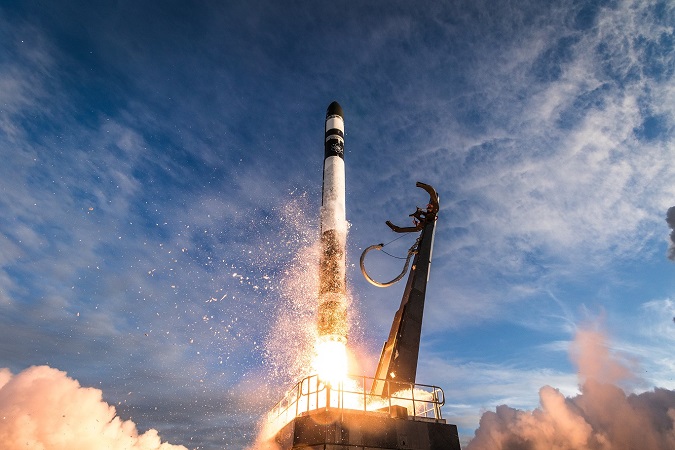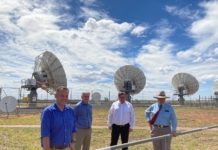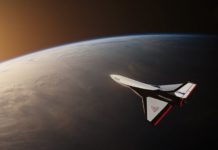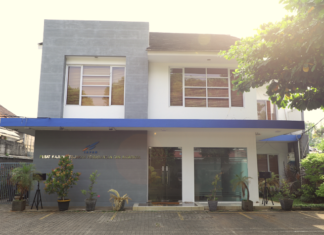On Sunday, December 16, Rocket Lab’s Electron launch vehicle successfully lifted off at 06:33 UTC (19:33 NZDT) from Rocket Lab Launch Complex 1 on New Zealand’s Māhia Peninsula. This was Rocket Lab’s third orbital launch of 2018, carrying 13 CubeSats for NASA in a mission known as Educational Launch of Nanosatellites (ELaNa)-19.
The mission saw Electron being launched to an elliptical orbit, after which the vehicle’s kick stage separated from its second stage before circularizing to a 500×500 km orbit at an 85 degree inclination. By 56 minutes into the mission, the 13 satellites on board were individually deployed to their designated orbits.
Awarded under a Venture Class Launch Services (VCLS) Agreement, the mission marks the first time NASA CubeSats received a dedicated ride to orbit on a commercial launch vehicle. VCLS is managed by NASA’s Launch Services Program headquartered at Kennedy Space Center in Florida.
“The ELaNa-19 mission was a significant one for NASA, the Rocket Lab team and the small satellite industry overall. To launch two missions just five weeks apart, and in the first year of orbital flights, is unprecedented. It’s exactly what the small satellite industry desperately needs, and Rocket Lab is proud to be delivering it. Regular and reliable launch is now a reality for small satellites. The wait is over,” said Rocket Lab CEO and founder Peter Beck.
NASA ELaNa-19 Mission Manager Justin Treptow adds, “The CubeSats of ELaNa-19 represent a large variety of scientific objectives and technology demonstrations. With this the first launch of a Venture Class Launch Service on the Rocket Lab Electron, NASA now has an option to match our small satellite missions with a dedicated small launch vehicle to place these satellites in an optimal orbit to achieve big results.”







